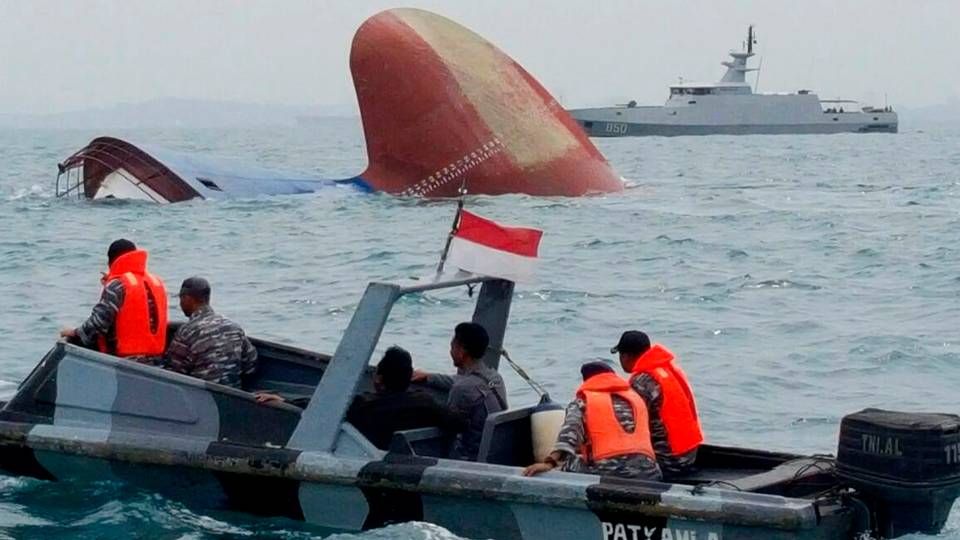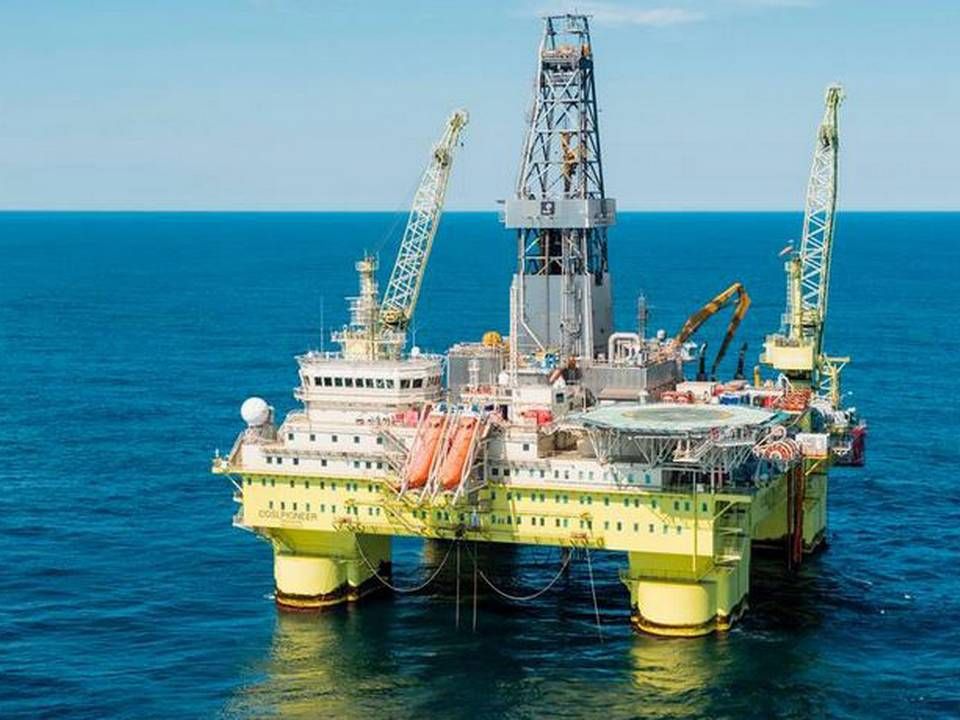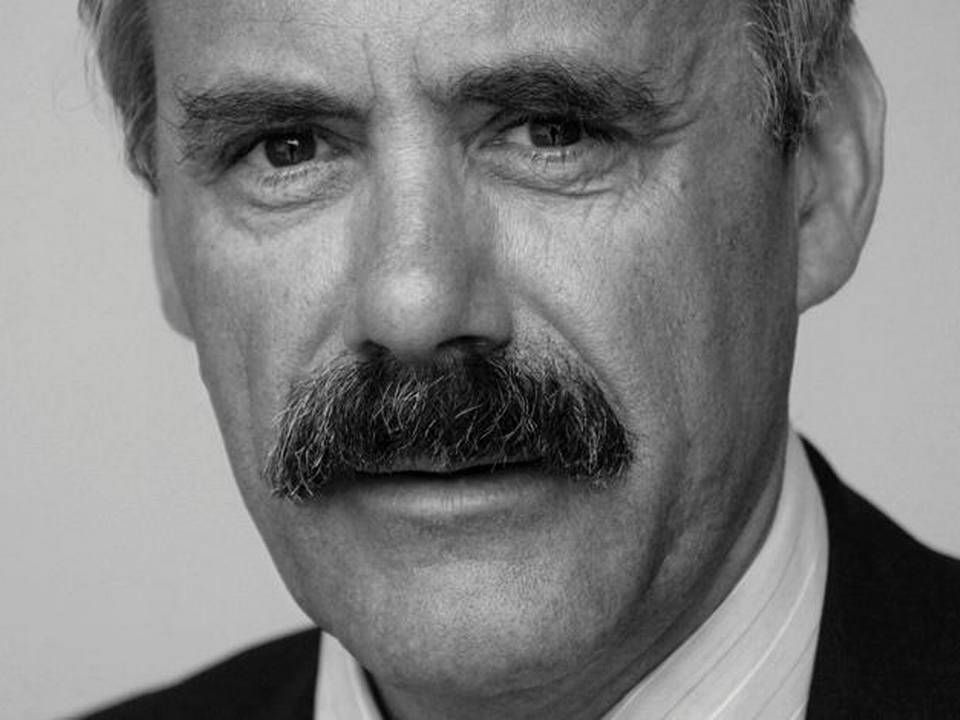Insurance industry faces a lurking risk at sea

SINGAPORE
Huge waves and powerful wind gusts which occur suddenly at sea have always posed a risk to seafarers. But in recent times, as climate changes are playing tricks on meteorologists, the extreme weather phenomenons have also become a growing concern for insurance companies.
"Weather poses a big risk and an increasing risk as well," says Christopher L. Hall, Managing Director of Hong Kong for The American P&I Club, when ShippingWatch meets him for a comment during the 1st Asia Pacific Maritime Insurance Conference, which is currently being held in Singapore.
"As insurance people, it is our task to predict the unpredictable - and for the most part we can do this - when it comes to smaller cases, but larger cases such as Costa Concordia and Rena are impossible to predict. And in this context, the weather adds a huge, unpredictable variable to our job," notes Hall, who has more than 20 years of experience with insurance in shipping and marine.
As ShippingWatch recently reported, a 30 meter monster wave killed one worker on a rig in the North Sea and also crushed 17 windows on the the rig.
Difficult balancing act
Christopher L. Hall has previously looked into what he calls "freak waves" - which are tremendous waves that suddenly emerge between otherwise regular, manageable waves.
"These freak waves are becoming more and more common because, in general, more and more weird things are happening with the weather. But it is a difficult phenomenon to deal with - and it is hard to figure out how to handle it on a larger business level," he says and adds that the company is warning customers about extreme weather situations, though not asking them to stay away from certain areas.
Alex Gordon, Assistant Vice President for Risk Engineering Marine at Liberty International Underwriters, similarly explains how the weather results in significant requirements for all types of marine operations:
"We always make sure that any operation is carried out under the right conditions, and if we look at one example such as the route by South Africa and The Cape, then we know that the weather there can be really unstable, so this requires that the machinery is prepared to withstand these conditions."
"This is something that we have to take into account more now than before. If we look at tropical storms and typhoons in this part of the world, for instance, they occur more often than before," Gordon highlights.
Hall adds that the industry can incorporate knowledge about the weather into the policy premium, but because the weather is characterized by a major element of coincidence, it only happens in specific cases:
"If we were to assess the risk in the Arctic or Antarctica, where weather and ice are an issue, then it's clear that this is not just something that we include in calculations, but something we will look at as an overshadowing factor. Although in general, it is extremely difficult to claim that the weather is the decisive factor for an incident," he explains.
MOL wreck spurs updated requirements for container ships
Bad times ensure lower insurance rates
Alex Gordon adds that the rough times for the shipping industry generally have a contagious effect on the insurance industry, which is similarly facing major pressure:
"There is currently so much pressure on insurances that very few - if anyone - write climate change effects into their offers, even if it actually could be a pretty significant factor as to whether you would insure the voyage or not, and how much it would cost. But as long as there is no decided investigation of how the climate changes affect the weather at sea, this will not figure into the pricing."
"At this stage, we would say that yes, there is bad weather out there - even before climate changes, there was bad weather. The wrong weather, typically along with some small, human error, could create a catastrophe," Hall elaborates and concludes:
"But a lot of this is market driven, so we can probably put as many statistics for the weather forward, but if our competitors assess the same risk at a lower price, then... But this is definitely something that we are all keeping a close eye on."
30 meter monster wave crushed 17 windows on rig
The US hit by worst ship catastrophe in 30 years
Related articles
30 meter monster wave crushed 17 windows on rig
For subscribers
The US hit by worst ship catastrophe in 30 years
For subscribers
Marine insurance CEO: Two big threats to shipping
For subscribers





















